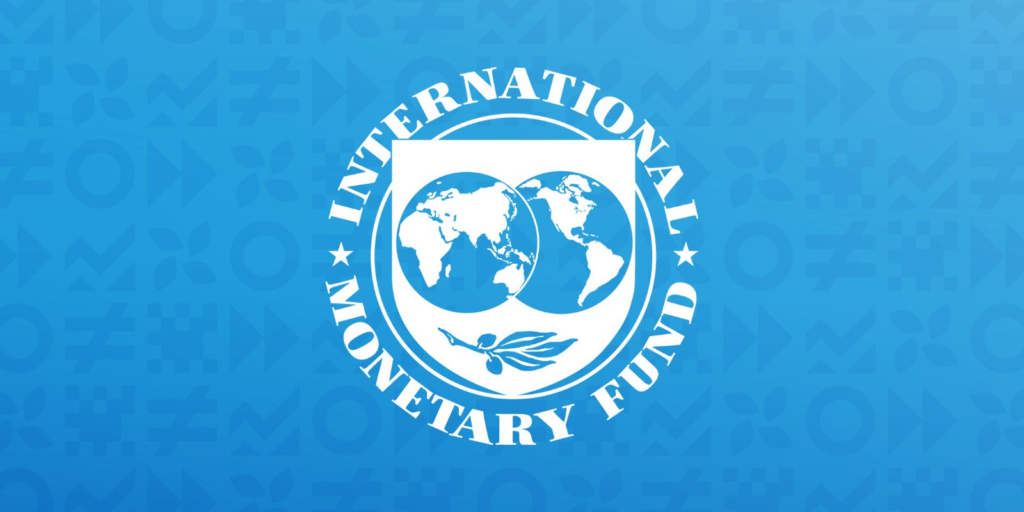
The International Monetary Fund (IMF) has stated that the far-reaching economic reforms introduced by President Bola Ahmed Tinubu have yet to deliver tangible benefits to most Nigerians, nearly two years after implementation.
Following his inauguration in May 2023, President Tinubu rolled out a series of bold reforms aimed at overhauling Nigeria’s economy and improving its long-term fiscal health. These included the removal of fuel subsidies, liberalisation of the naira, and ending the Central Bank’s deficit financing—all widely supported by the IMF and global financial experts.
Despite their long-term potential, these measures have triggered a severe cost-of-living crisis for millions, worsening poverty and food insecurity across the country.
“The government has taken important steps to stabilise the economy, enhance resilience, and support growth,” said Axel Schimmelpfennig, IMF Mission Chief for Nigeria, in a statement issued Friday.
“But those gains have yet to benefit all Nigerians, as poverty and food insecurity remain high,” he added, following two weeks of routine consultations with government officials and civil society groups.
IMF Flags Uncertain Economic Outlook
While acknowledging the structural improvements, the IMF warned of a “significant uncertainty” clouding the country’s economic outlook, especially amid global market volatility and declining oil prices.
“The outlook is marked by significant uncertainty,” Schimmelpfennig noted. However, he added that the reforms had put the country in a “better position to navigate this external environment.”
The Nigerian economic reform programme, though painful, is seen by the IMF as essential for restoring macroeconomic stability. Yet, for many citizens, particularly the poor, the reforms have only deepened existing hardship.
Rising Poverty in Nigeria
A recent World Bank report revealed that poverty in Nigeria has surged over the past six years. As of late 2024, more than 129 million Nigerians—over half the population—are living in poverty.
The ongoing inflation, high transportation costs due to fuel subsidy removal, and a volatile naira have compounded challenges for households already struggling with stagnant incomes and limited job opportunities.
